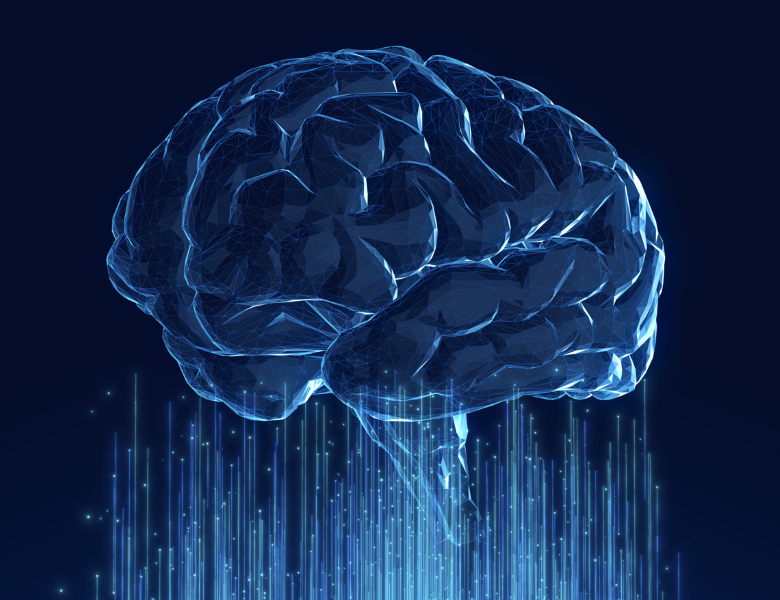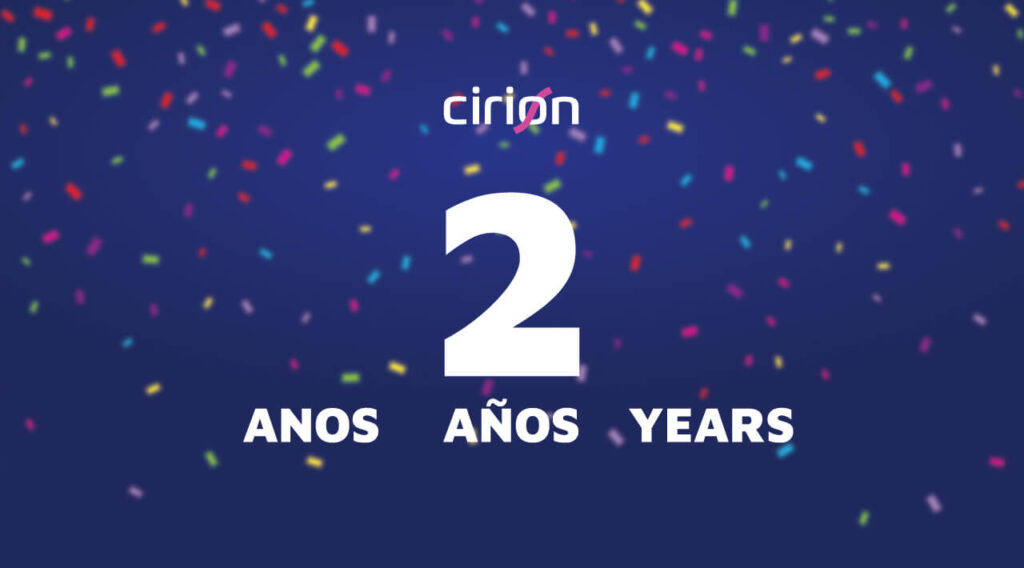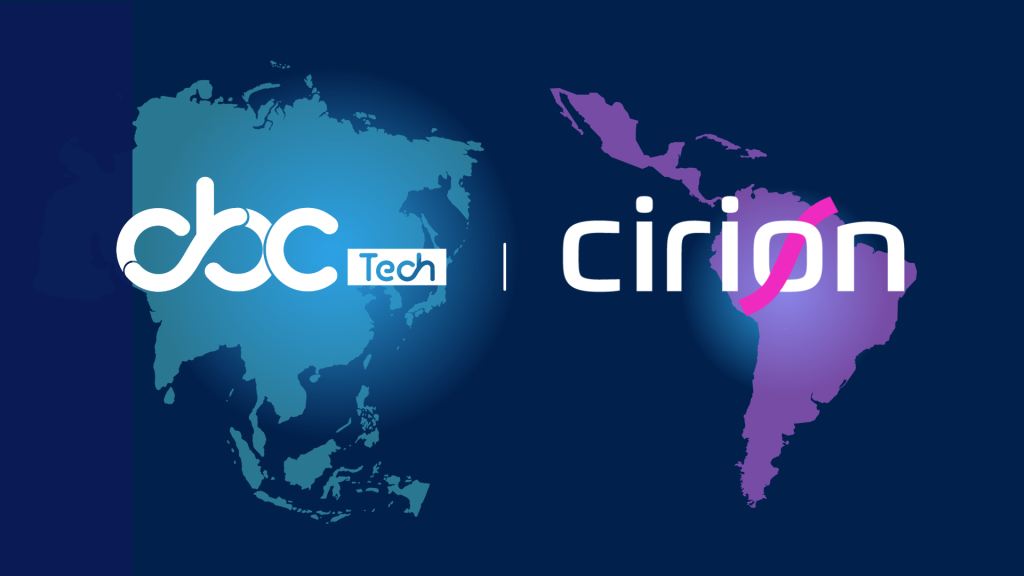Although AI itself is not new, the ongoing blast of data, in tandem with the seamless growth of computing power is having a significant impact on our daily personal as well as business lives.
This is an evolution of machine-human relationship and interaction. In the past century we started to use machines capable of doing some computations and delivering more efficient results than those produced by humans; our communication with machines was more complex, through language commands we needed to learn for execution purposes.
Our language skills improved over time, as though we were peers or colleagues and today we can talk to computers and tell them to do what we want just by talking to them, obtaining very fast results not only using natural language, but images and potentially other actionable items, as well.
Therefore, we are no longer interacting with an inferior entity that we need to command by knowing the language and providing limited instructions, as we speak; now and because of that ongoing and spinning evolution, “which enhanced our vocabulary” we are in a position to ask ourselves what we request from them, how we phrase it to improve their understanding, what will be the next thing these machines will learn, and at what point they will become self-taught.
I wouldn’t like to delve into this area more than I already have. But I do recommend for those interested in this topic, particularly some theories about where all this ends, reading what Eudald Carbonell (Spanish anthropologist) wrote in his book “El Homo ex novo” -one of his latest publications as Research co-director at the archaeological site of Atapuerca, Spain-, where human evidence from 1.4 million years ago was found. Homo sapiens—us—is in retreat giving place to sapiens prothesis, sapiens edit and humanoids. And they will all coexist in the same place by the end of this century.
The Homo ex novo is optimistic: it predicts that different types of humans and humanoids will help keep the ship afloat and create transhumanism and posthumanism. The reason is simple, he wrote-“We must make the future depend on us, on our efforts and actions, and not just on natural selection, the environment and chance.” Otherwise we could “be driven somewhere we don’t want to go.” Although some social actors deny climate change, the reality is still there: “Evolutionary determinism will also set the pace for us in our future,” claims Carbonell in this book, which I recommend reading.
But going back to the evolution where we stand today, which refers to how ask for things, in order to improve AI’s interpretation and understanding, and returning the closest answer to what we are looking for or wanting, it is here where Cirion Technologies is adding value for businesses, with some tools to improve the Collaborative services they provide.
AI-powered content generation can function as an invaluable resource to accelerate communication. AI natural language processing is able to collect complex data from different sources, turning them into comprehensive yet accessible reports, market summaries, and customized investment strategies. Less analytically, AI is capable of boosting communication by creating blog posts, videos and images, as well as graphics, freeing up the burden of creative staff resources for more strategic communications.
For banks and investment firms, this means that AI can not only speed up the communication process, but help ensure that communications are personalized, accurate, and aligned with customer and shareholder expectations. This can improve trust, increase stakeholder satisfaction, and potentially even create a competitive advantage in the marketplace.
In addition, something as tangible and applicable as the above, are the Chatbots that we develop for customer service, user services, marketing, sales and others. Applications designed for both CX (Customer eXperience) and EX (Employee eXperience). Having engaged and satisfied employees is critical nowadays, both to improve CX and to retain talent. Hence the emergence of Virtual Assistants such as Microsoft Copilot or Zoom AI Companion, generative AI assistants that help evolve (revolutionize?) the way you currently work and communicate.
If you are ready to improve your productivity and collaboration, contact us today and let us show you how aware we are of Artificial Intelligence possibilities and how we act accordingly to make the future depend on us and in the right way.
Until our next meeting,

Author:
Fernando Riedel
Voice & Collaboration Product Specialist
Cirion Technologies










